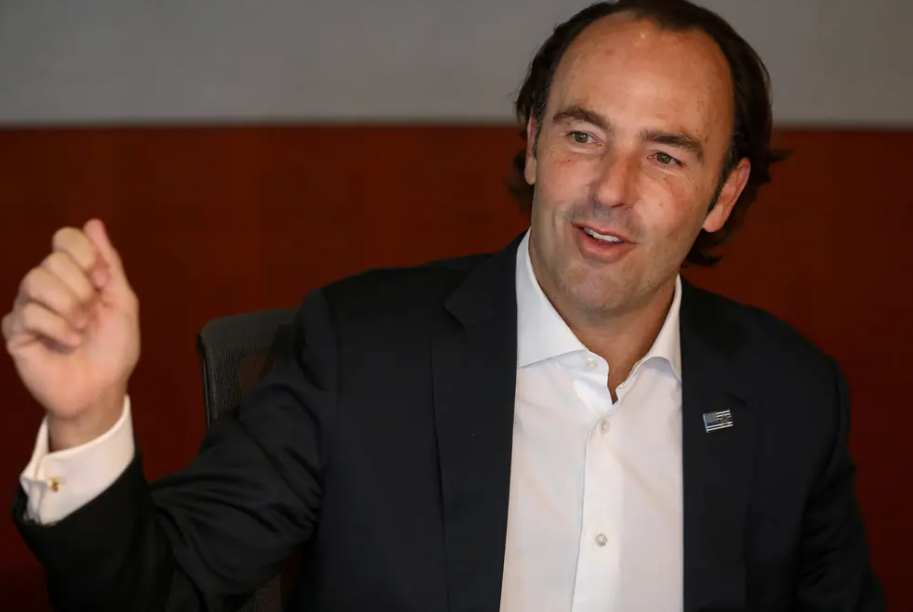Don’t roll the dice on more gambling
Published 1:10 am Sunday, September 14, 2014
Gambling is a bad bet for Texas. We shouldn’t tempt those among us who are liable to slip into destructive habits that will lead to no good.
Oh, we’re not talking about gamblers. We’re talking about Texas lawmakers. The last thing the Texas Legislature needs is a new revenue source without a legitimate, specified purpose — such as funding roads.
Trending
It’s true that with the growth we’re experiencing, existing revenues won’t get our roads brought up to par, according to credible sources such as state Sen. Kevin Eltife. And that’s not even touching on the $20 billion in debt that Republican leaders have put on the state credit card.
But history shows that new funding sources are rarely used in the manner promised.
“Raising revenue to keep up with government spending gets it backward,” says Bill Peacock of the Texas Public Policy Foundation in the Austin American-Statesman. “Instead, Texas should keep government spending equal to — or below — available revenue. This approach of ‘living within one’s means’ is simple and common sense, and is in fact the same one that each Texas family puts into practice every day.”
Texas has already tried to bring in gambling as a means of raising revenue. By any measure, the Texas Lottery is a failure.
Let’s look at just one game: Lotto Texas, the oldest game (it was launched in 1992). The “challenge” is to match up to six numbers. For a $1 investment, matching three of six numbers can get you $3 — but your odds are 1 in 75. The odds of matching all six numbers are 1 in 25,827,165.
According to CBS’s Dallas-Fort Worth affiliate, the Dallas NAACP wants the lottery shut down because it disproportionately hurts the poor.
Trending
“A study paid for by the Texas Lottery Commission says the people most likely to play Pick 3 are those making $20,000 a year or less — below the poverty line,” CBS reported. “And people who are unemployed are more likely to buy scratch-off tickets than those who have jobs or retirees, the study found.”
According to CBS, NAACP chapter President Dr. Juanita Wallace said, “They have this delusion that they’re going to win. … I want them to shut it down. … Our people are spending their little money, their life savings away in hopes of winning.”
The fact is she’s right. In many ways, the lottery is a tax on those with poor math skills.
There’s also the myth that gambling will bring in significant revenue and economic activity.
“Gambling proponents have pushed hard over the years to get the Legislature to expand gambling, aided by proponents of more government spending who claim we need additional revenue,” Peacock explains.
In fact, the TPPF finds that the promises of revenue fall short.
“Lottery revenue seems to be a simple and easy way for states to fund public services,” the Foundation explains in a recent report. “However, the money doesn’t come without a cost.”
Other studies show that revenues from the lottery rise and fall precipitously. That’s bad for budgeters.
This isn’t an argument for or against gambling — it’s an argument about revenue sources. Lawmakers shouldn’t try to bring in more gambling.
We can’t trust them to overcome their own spending addictions.








